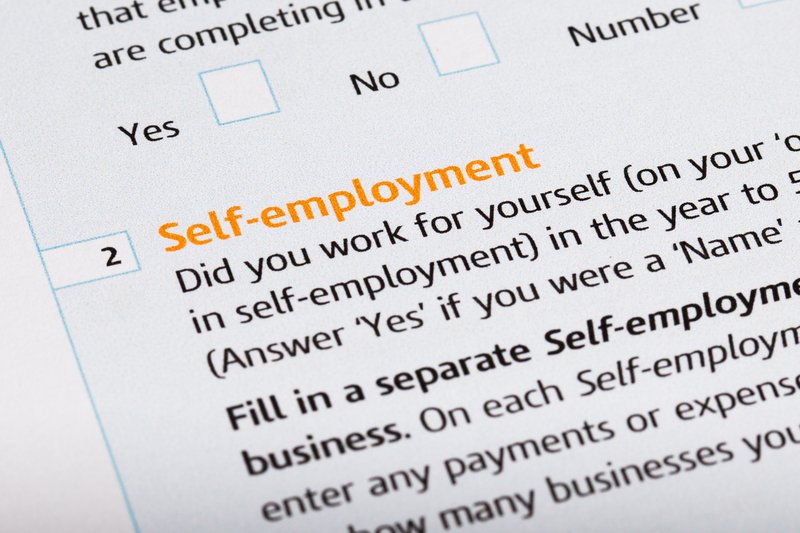Today’s budget was one of the most anticipated in recent memory. With every type of tax a potential target for a Rachel Reeves hike, small business owners nervously waited for the chancellor’s speech, delivered this lunchtime.
By far, the biggest tax rise (worth £25bn to the Treasury) was an increase in the rate of employers’ national insurance—although the damage will be limited to some extent due to an increase in the employment allowance.
Corporation Tax rates and thresholds remain unchanged, and there were no changes to dividend tax.
We’ve listed the key points below. The Treasury has published the red book online, which contains details about all the measures from today’s Budget.
Key points for small business owners
- From April 2025, Class 1 Employers’ NI will rise from 13.8% to 15%. There are no changes to employees’ NI (paid by employees) nor Class 4 NI (paid by sole traders).
- From April 2025, the secondary threshold at which employers start paying NI will be cut from £9,100 to £5,000.
- Employment allowance will rise from £5,000 to £10,500 to help small businesses with the employers’ NI rise.
- The Annual Investment Allowance (AIA) £1m threshold remains unchanged.
- Capital Gains Tax (CGT): The basic rate has risen from 10 – 18%, and the higher rate has increased from 20% to 24%. This change is effective immediately.
- CGT on residential property remains at 18% (basic) and 24% (higher).
- Corporation Tax – the main rate will remain at 25% for the duration of the parliament.
- Corporation Tax Small Profits Rate and marginal relief maintained at their current rate and thresholds
- The non dom tax regime will be abolished.
- Stamp Duty on second homes: From 31 October 2024, the higher rate for additional dwellings will increase from 3% to 5%.
- The Inheritance Tax threshold will remain at £325,000 until 2030.
- From April 2026, major changes will be made to business property relief and agricultural property relief. IHT claims will face an effective rate of 20% rather than a nil rate. This could be of great concern to farming businesses.
- Pensions and IHT – from 2027, and funds left in your pension pot will be subject to IHT.
- Business Asset Disposal Relief changes. Lifetime £1m allowance remains unchanged.
- The BADR rate on disposals will rise from 10% to 14% in April 2025 and 18% in April 2026.
- The Chancellor says taxes will rise by £40bn in today’s Budget.
- National Minimum Wage will increase to £12.21 per hour for 21+ employees from April 2025 – a 6.7% increase.
- Business Rates – for 2025-26, the small business multiplier in England will be frozen at 49.9p.
- Business Rates – standard multiplier will be uprated to 55.5p.
- No rise in fuel duty! No changes until at least early 2026.
- No changes to dividend tax.
- Alcohol duty will rise by inflation, and draught duty (on pints) will cut the cost of the average pint by 1p!
- Income tax personal allowance and national insurance thresholds will once again rise with inflation from April 2028.
- There is no mention of IR35 / the ‘Off Payroll’ rules.
- New measures to tackle non-compliance and fraud in the umbrella company industry. Recruiters and clients will be responsible for ensuring umbrella firms correctly deduct PAYE taxes from 2026 onwards.
- No changes to VAT, employee’s NICs, or Income tax.
- Private school fees will be subject to VAT from January 2025.
How has the business world reacted to the budget?
The FSB welcomed the increase in the Employment Allowance to compensate small firms for the employers NI rise, and welcomed the freeze in the small business rate multiplier.
Tina McKenzie from the FSB commented:
The true test of today’s Budget will be whether small businesses can grow and end the economic stagnation the UK has been stuck in.
Commenting on the employers’ NI rise, Seb Maley, CEO of tax advisory Qdos told ByteStart:
Small firms with employees will be among those hit hardest by the rise in employers’ NI. The employment allowance increase will offset some of this, of course, but smaller businesses typically bear the brunt of tax reforms like this.
Commenting on the CGT rate hikes, Myron Jobson, Senior Personal Finance Analyst at interactive investor, said:
The double whammy of swingeing cuts to the CGT allowance in April and the rise in CGT rates provides extra impetus for investors to do what they should already be doing: making the most of tax-efficient wrappers like ISAs and pensions, which shield gains and income generated from investments from tax.
Budget predictions
Some of the tax rises and changes discussed widely in the press over recent months include:
- An increase in Employers’ National Insurance rates from 13.8%. The starting threshold might also be lowered.
- An increase in Capital Gains Tax rates – including possible changes to BADR (formerly entrepreneurs’ relief).
- Although Reeves has pledged not to raise the main 25% Corporation Tax rate, could the ‘small profits’ rate—19%—change?
- Increases to the National Minimum Wage rates.
- Changes to tax relief on pensions, possible reduction in the 25% tax-free amount you can withdraw at 55.
ii – a Which? Recommended SIPP for self employed people
ByteStart has partnered with Interactive Investor, a Which? Recommended Self-Invested Pension Provider (SIPP) provider. They charge a low, fixed monthly fee – not a percentage of your pension pot.










